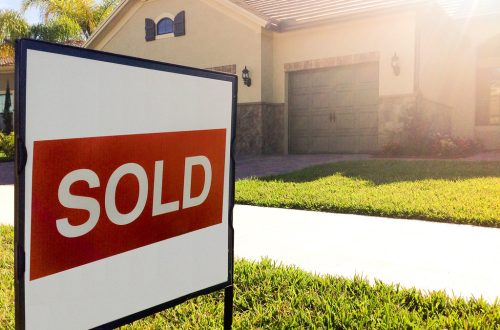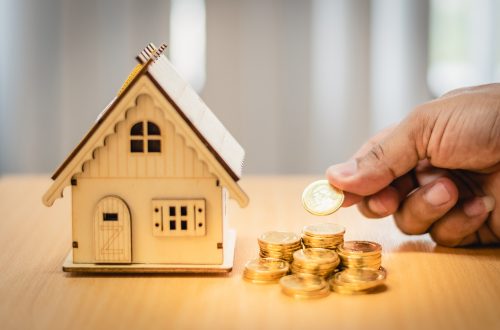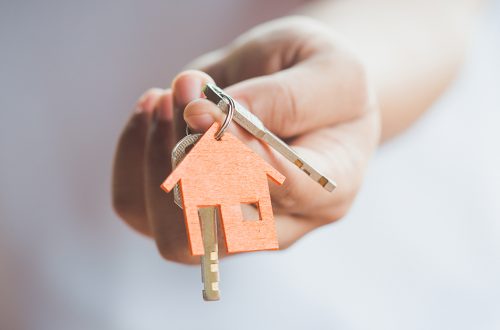There are many reasons to be happy if you have reached a stage in your life where you can consider buying a second home. According to the National Association of Realtors (NAR), one out of eight homeowners is considering buying a second house. Although summer is the season when you begin to dream of sun, sea, and sand it’s not the best time to purchase a cottage.
When buying a vacation property, here are some considerations.

Avoiding the peak of the season is not a great idea
In terms of supply and demand, it makes sense to avoid peak seasons. Peak season is the best time to buy a Vail chalet, a Cape Cod shanty or any other property. Many people who have inherited vacation homes do so to earn extra income. It could be that they are sharing the property with their siblings, or had to purchase it. It could be that they are part-time vacation property investors who bought in early to a resort and need to guarantee 100 percent occupancy for the peak season.
Offers should be made in the last weeks of high season or just after the peak season has ended. The time between Thanksgiving and Labor Day is ideal if you are looking for a vacation home. It’s still early enough to see what the summers of the future will be like, and it’s also a good time to make any repairs needed before winter. You can then spend the winter planning how you will make it yours the next summer.
Spring is the ideal time to offer on a winter home. Most people will have put their property on the market, even if some diehards are still renting their homes or using them to ski or board for a few more days in spring. If you are interested in a remote area, don’t leave your offer too late in the season. Some owners board their properties up during the off-season, which makes it difficult to arrange viewings. Don’t forget spring mud. Property that is accessible in three seasons can become difficult to access when spring flooding and thawing occurs.

Make sure you have the right time
You should carefully consider a number of factors before purchasing a vacation property. The first thing to consider is whether or not you can use the vacation home enough to justify its purchase financially. If you plan to buy a vacation house and rent it to cover expenses, your time will be limited. You may enjoy a cottage by a lake during the fall but not everyone does. You may want to wait to buy a cottage if you cannot afford to spend your 4th of Jul at home.
Have you thought about the duplication of expenses? You’ll need to buy two of everything, whether you want to make your vacation home look like your primary residence or not. You don’t have to go camping every weekend at your vacation house unless you do. You won’t want to bring lawnmowers and leaf blowers every weekend to your cottage. This is also true for furniture, appliances and linens. There will be a second bill for taxes, insurance, lawn maintenance, internet, and cleaning. There may also be HOA charges.
What are your vacation objectives? Does a vacation home make sense if you’re running out of time and want to see every continent but are unable to do so in Asia or Africa? You may not need a vacation property if you are drawn to experiences like hiking the Appalachian Trail or swimming with dolphins.
If you have a plan to globetrot during retirement and you have the money to buy a second home, you might want to take the plunge. Or, you may wish to give your children the opportunity to grow up in the great outdoors.





